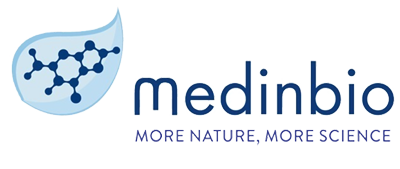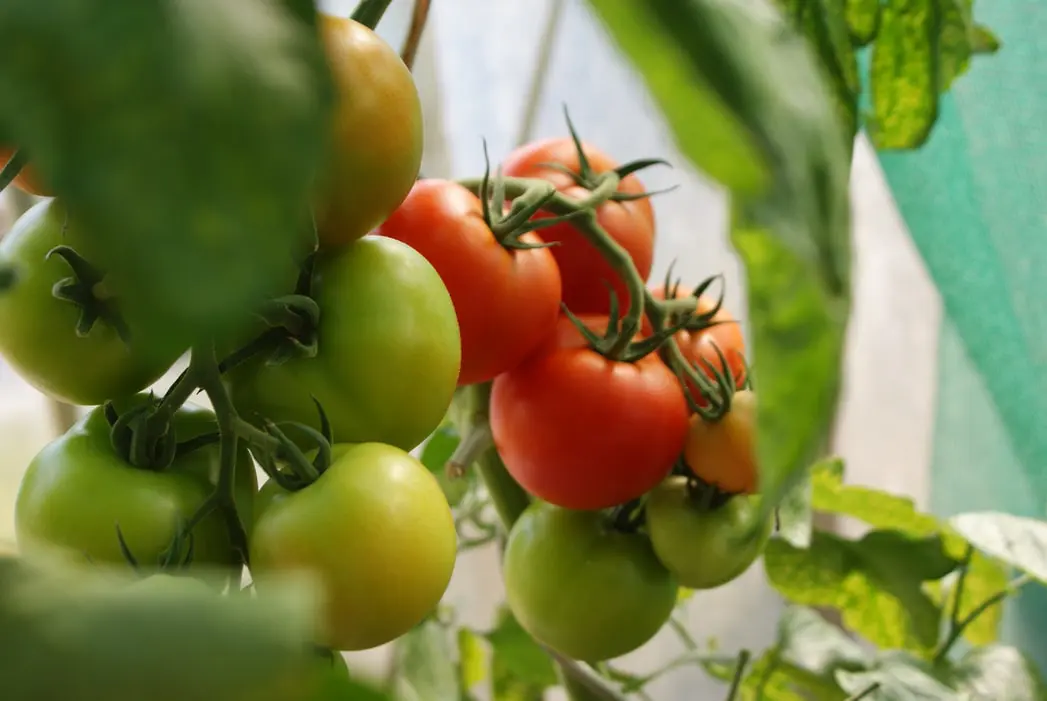Several specifications have been created with the aim of promoting to consumers products from farms that are committed to a more environmentally friendly approach by excluding the use of synthetic chemical pesticides. The recognition of these committed farms responds to a professional and social need.
Medinbio, with its innovative agro-ecological method, accompanies agri-food companies and producers in their efforts to reduce synthetic pesticides and guides them towards "pesticide-free" agricultural practices.
The Medinbio method to move faster towards certification
The agro-ecological aggregative system approach associated with innovative natural formulations is the innovative method developed by Medinbio to create pesticide-free agro-ecological chains. It is the result of a collaborative work concerned with the environment and health. This approach is based on a new paradigm that aims to reconcile productivity and respect for the environment: intensive organic agriculture.
The Medinbio approach is based on a unique method tailored to each of the partners to support them in their project to obtain agricultural certification by reducing their use of synthetic chemical pesticides.
Eliminating pesticides (PPP) makes it possible to obtain certification for high environmental value agriculture more quickly, or to guarantee the absence of all pesticide residues, for example.
The Medinbio method involves successive phases of auditing, research, experimentation, testing and deployment with training and follow-up with producers.
Pesticide-free certifications based on a private approach
Some certifications that promote pesticide-free agriculture are not official labels such as the Organic Agriculture Label awarded by approved institutional bodies.
Criticised following a compliance check carried out in 2018 by the DGCCRF (General Directorate for Competition, Consumption and Fraud Control), products labelled as pesticide-free are part of a marketing and responsible approach that can nevertheless prove interesting for producers, producers' organisations, agri-food industries and large-scale distribution.
The "Zero Pesticide Residue" label of the New Fields collective
The "Zero Pesticide Residue" label is part of an approach to environmental and agricultural progress promoted by a group of voluntary and independent producers.
The Collectif Nouveaux Champs has drawn up a set of specifications in accordance with the regulatory framework governing communication about pesticides and the normative recommendations concerning claims related to natural or synthetic active substances approved by Regulation (EC) No 1107/2009.
Similarly, producers involved in the process must comply with the indicators of the High Environmental Value (HVE) certification, Option A, which is a prerequisite for obtaining the HVE certification.
Analyses to check the conformity of products with the specifications by looking for possible pesticide residues are carried out by COFRAC (Comité Français d'Accréditation) accredited laboratories, an official body, www.cofrac.fr/). Based on this data, the compliance of the products with the specifications is verified by an independent third-party control body, currently the company Kiwa (www.kiwa.com/fr)..
The "Cultivated without pesticides" and "Without pesticide residue" labels of the Demain la Terre collective
Demain la Terre is a non-profit association of fruit and vegetable producers that has defined a charter of criteria - the Demain la Terre Charter - which agricultural products must comply with in order to obtain one of the labels "Cultivated without pesticides" and "Without pesticide residue". The association thus promotes a third way with organic and conventional agriculture.
Obtaining these labels is conditional on the absence of detection, by a laboratory accredited by the Comité Français d'Accréditation (COFRAC) or equivalent, of active ingredients and their metabolites. It is these substances that may remain in fruit and vegetables following phytosanitary treatment (list of approved substances established by EC regulation n°1107/2009) that are considered as residues of synthetic pesticides.
Official organic farming certification to guarantee the absence of pesticides
One of the most important criteria for defining organic farming is the use of natural substances and products in the production process. The AB certification mark and the European organic logo identify products that are 100% organic or contain at least 95% organic agricultural products in the case of processed products.
Obtaining organic farming certification implies compliance with the conditions set out in European regulations: the Regulation (EC) No 834/2007 concerning the production, processing, distribution, import, control and labelling of organic products.
By delegation of the Ministry of Agriculture, the certification bodies approved by the National Institute of Origin and Quality (INAO) issue authorisations for use on labels. In order to obtain the label, a conversion period of 3 years is necessary.


